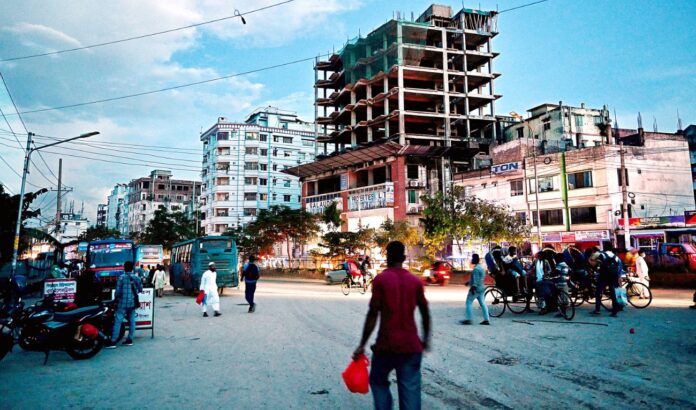DHAKA: Bangladeshi officials were investigating on Wednesday why power was cut to about three quarters of the country, halting the vital garment sector and telecommunications services for about 10 hours.
Electricity was fully restored just before midnight on Tuesday, government officials said.
“We suspect a transmission line experienced a technical glitch that led to a cascade of failures throughout the national power grid,” Mohammad Hossain, the top official at the government’s power cell division, told Reuters.
The grid malfunctioned at around 2 p.m. (0800 GMT) on Tuesday, leading to blackouts across up to 80 percent of the country.
Telecoms services and work in the lucrative export-oriented garment industry, which supplies to clients such as Gap Inc., H&M, and Zara, ground to a halt.
Grid failures generally happen when there is a big mismatch between demand and supply, sometimes due to unexpected or sudden changes in power use patterns.
Power division secretary Habibur Rahman said officials were investigating the possibility that the failure originated in a substation near Ghorashal, 40 kilometers (25 miles) from the capital, Dhaka.
“Our investigation team is in Ghorashal now. Once we get the report from them, we’ll know what caused it,” Rahman said.
Bangladesh’s recent impressive economic growth has been threatened by power shortages since the government suspended operations of all diesel-run power plants to reduce costs for imports as prices have soared.
The diesel-run power plants produced about 6 percent of Bangladesh’s power generation, so their shutdowns cut output by up to 1500 megawatts.
Earlier this month, Faruque Hassan, president of the Bangladesh Garment Manufacturers and Exporters Association, said that the situation is so serious that garment factories are without power now for around four to 10 hours a day. Bangladesh is the world’s second-largest garment exporter after China, and it earns more than 80 percent of its total foreign currency from exports of garment products each year.
Last month, the Asian Development Bank said in a report that Bangladesh’s economic growth would slow to 6.6 percent from its previous forecast of 7.1 percent in the current fiscal year.
Weaker consumer spending due to sluggish export demand, domestic manufacturing constraints and other factors are behind the slowdown, it said.

